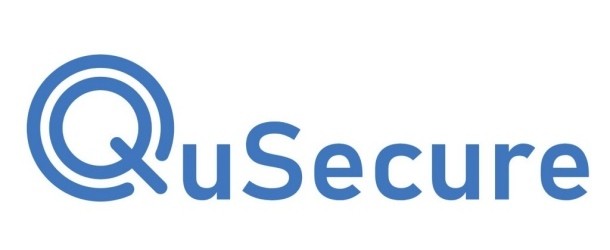QuSecure lands SBIR Phase III contract for PQC from U.S. federal government

The U.S. federal government this week awarded QuSecure, one of the emerging names in post-quantum cryptography (PQC), a Small Business Innovation Research (SBIR) Phase III federal government procurement contract for the company’s QuProtect software after executing a successful PQC pilot project deployed at a federal facility.
QuSecure did not offer further details on the nature of its work with the government, or how many devices and users might be affected by implementing QuSecure’s software. However, QuSecure is the only PQC vendor to earn that Phase III designation, making it the leading provider of PQC solutions to the government thus far, and setting the standard for all federal government PQC requirements, QuSecure said.
The award is the latest signal of a new sense of urgency at the federal level in the U.S., following the White House’s memo on PQC compliance and mention of PQC in Congress’ Endless Frontiers Act.
Pete Ford, QuSecure Head of Federal Operations, said the government’s recognition runs back further, such as a memo from last year that acknowledged “a need for a modernization plan,” and that in essence said, “We need post-quantum and we need quantum resiliency for older systems that we can still use and need to put a hedge around and give us some protection before it’s too late. …That put the rest of the federal government on record with a timeline to work on this… They wanted something that could be used with today’s infrastructure.”
Former government officials who have been following these efforts commented on the significance of the QuSecure award. United States Navy (Retired) Rear Admiral Mike Brown, a senior cybersecurity specialist formerly with the Departments of Defense and Homeland Security, told IQT News the federal government’s relationship with QuSecure could be indicative of a new level of partnership between the public and private sector where quantum computing is concerned.
“What we haven’t had is a clear partnership between the public and the private sector, which is what QuSecure brings to the table, the full capability when it comes to technology today that exists in the private sector,” Brown said. “It would be really good if everybody understood what the United States is doing from a quantum computing technology perspective today, similar to what China has clearly articulated.”
He added that the Phase III award “recognizes QuSecure’s capability and supports scaling post-quantum cryptography commercially, federally, and especially for the warfighter.”
Max Brown, former NSA, NRO and Navy officer, and now an emerging tech investor, also commented, telling IQT News via e-mail, “The PQC threat is directly linked to the talent and spending Great Power Competitors like the People’s Republic of China and Russia are marshaling to break current encryption standards. Both massive economic and national security implications are drivers to why adversaries prioritize breaking currently accepted encryption. Significant geo-political strains with these Great Powers, as articulated in National Security and National Defense Strategy documents, have led to an increased race for gaining the ultimate high-ground in computing with quantum computing, and related encryption-breaking advantage.”
The award could translate to a potentially huge payday for QuSecure. The SBIR and Small Business Technology Transfer (STTR) grants follow a funding ladder where a Phase I funding award, which QuSecure previously won in 2020, provides up to $250,000, while Phase II funding, which QuSecure secured earlier this year, awards provide up to $1.25 million. A Phase III SBIR award, recently given to QuSecure, is intended to not only provide funding for rapid and broad federal government adoption of the given technology, but to also commercialize the technology and R&D objectives under the previous Phase I/II awards. Phase III awards have no spending cap, and last year, the government granted 15 companies the Phase III distinction for a total worth of $1.7 billion.
“As organizations begin to evaluate the opportunities and threats that quantum computing presents, the federal government is already acting now to hedge against those threats which, if not addressed, could completely knock the U.S. out of the arena,” said Laura Thomas, former CIA Chief of Base with more than 17 years in various national security and leadership roles and currently VP of Corporate Strategy at ColdQuanta, a quantum computing and sensing company. “As they are reviewing all the data that we transmit and that our competitors can harvest, they have started to choose their PQC solutions. The most recent example is QuSecure being awarded the Government’s SBIR Phase III designation, paving the way as the PQC solution provider for more than a dozen of the federal government’s largest agencies. This choice was made as QuSecure has proven that its adaptive orchestrated PQC solution offers continuous availability providing the simplicity, flexibility and scalability for the universal protection needed to secure our networked society and national interests.”
Dan O’Shea has covered telecommunications and related topics including semiconductors, sensors, retail systems, digital payments and quantum computing/technology for over 25 years.





















